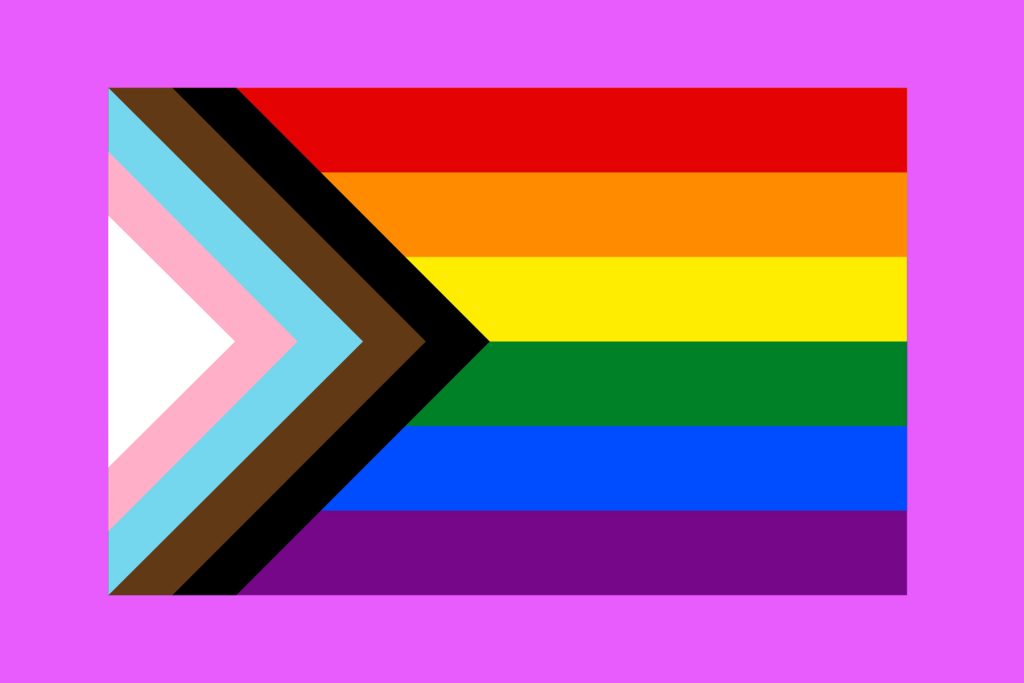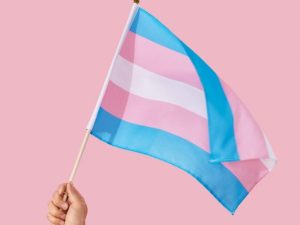Andro and Eve work year round to serve the LGBTQ+ community, working towards queer liberation.
This week, in Pride Month, the Conservative Party announced a pledge that if elected, the Equality Act 2010 would be amended to change ‘sex’ to refer to ‘biological sex’. We will call this announcement what it is, transphobic, discriminatory and dangerous.
The Equality Act 2010 is an excellent piece of legislation that has been effective for 14 years, ensuring the protection of many different people with a variety of protected characteristics (including age, disability, gender reassignment, marriage and civil partnership, pregnancy and maternity, race, religion or belief, sex, sexual orientation).
In its current guise, trans people can legally access single-sex services based on their gender. Services can also legally exclude trans people, whether or not they hold a Gender Recognition Certificate, if it is deemed ‘proportionate so as to achieve a legitimate aim’.
Amendment of the Equality Act is not necessary. Attempts to alter the definition of ‘sex’ reflect a concerning trend towards the rejection of gender identity in favour of strictly biologically defined notions of sex which are both highly essentialist and racialised (Pearce et al., 2020).
This is regressive and threatens the hard won gains for women’s rights and liberation of the early Feminist movement. It is also part of a growing resistance to sexual and gender rights in the UK (Nash et al., 2021) and is part of an increasingly prominent anti-gender politics (Tudor, 2021). This is further evidenced last month when The Conservative party announced a prohibition of the teaching of gender in schools. This threatens the rights of all citizens.
The intensifying academic, political, and public focus on ‘gender ideology’ and sex-based rights has a significant bearing not only upon the everyday existence of the people most affected – namely trans and gender diverse people, but also on the provision of key services and places of safety for people experiencing gender-based violence (GBV). This includes diverting vital resources and disrupting service delivery for all victim-survivors.
Political debates centred on gendered spaces incorporate questions regarding trans women victim-survivors’ access to, or eligibility for services such as domestic abuse refuge or rape crisis and their right to live safely. In this, trans women are wrongly constructed as ‘predatory’ and their access to support a threat to (white) cisgender women’s safety (Phipps, 2020). This is despite mounting empirical evidence to strongly counter this false and dangerous claim (see for example, Pain et al., 2021; Stonewall & nfpSynergy, 2018).
The voices of victim-survivors are woefully absent in this discussion, particularly those of trans and gender diverse people and those who are racially minoritised. These peoples’ views are vital, and their lived experiences of, and safety from, GBV, including domestic and sexual violence, a significant and urgent issue.
Violence against women and girls (including many LGBTQ+ women) is a huge concern that should continue to be challenged. Long term investment is needed to tackle this violence and misogyny. However, it is not necessary to re-define sex in the Equality Act in order for the provision of a range of services supporting diverse needs. Services have been delivering support and intervention to trans and gender diverse victim-survivors for decades without issue or incident.
In our Gender Awareness Training we talk about transphobia being a set of actions or discourse that end up denying trans people the possibility of living freely, openly and safely in society. This proposed change in legislation would mean trans and gender diverse people could not access many of the services and public spaces that enable their full, safe and meaningful participation in public life. For victim-survivors of violence and abuse, it could also mean a risk to life.
The Conservatives have had 14 years to address areas in the Equality Act 2010 that they now deem to be problematic, but have chosen not to do so. Now, in the run up to a General Election, the party has chosen to announce this proposal. The fact that it coincides with Pride Month in the UK, demonstrates just how far the fight for equality for all LGBTQ+ people still has to go. We and many others will continue that fight. Gender essentialism and trans exclusion has no place in a modern society and every person has a right to live safely and freely.
This Pride Month, with a general election on the horizon, we’d encourage you to use your voice, get informed and vote wisely in support of LGBTQ+ rights. Above all, continue to be there for one another through the continued weaponisation of LGBTQ+ identities.
If you’d like to learn more about developing more gender diverse and transgender inclusive practices within your organisation, please feel free to get in touch about our Gender Awareness Training.







